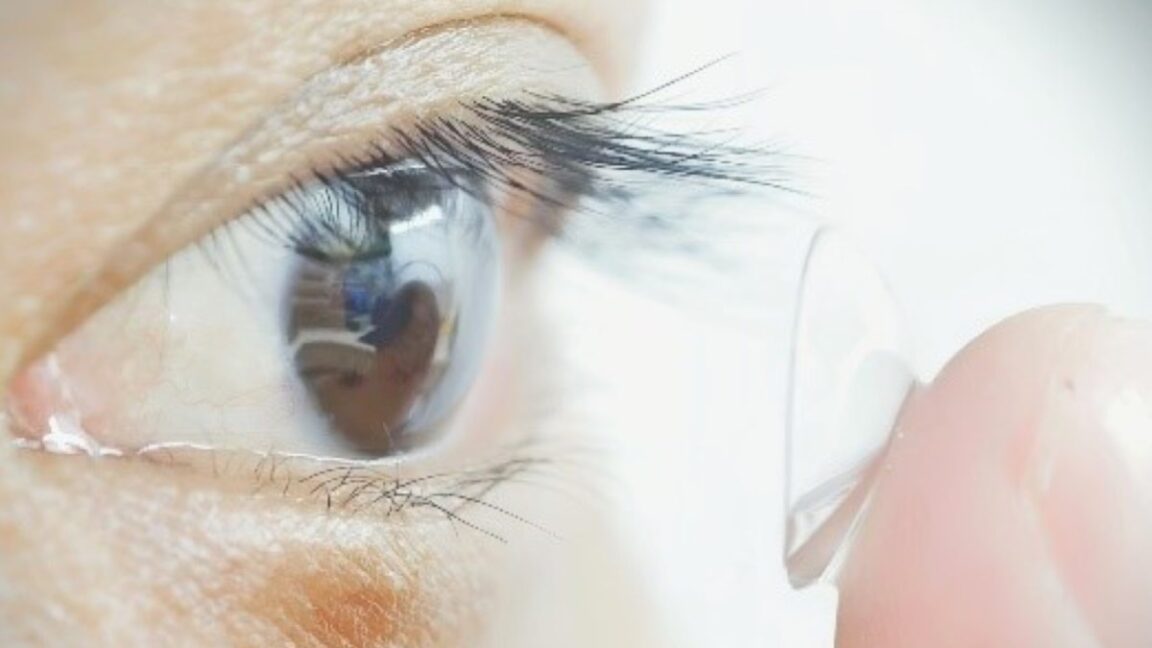
"Our research opens up the potential for non-invasive wearable devices to give people super-vision, with many applications in fields like security and rescue."
"Both mice and humans were better able to discriminate infrared light compared to visible light when their eyes were closed, due to infrared's ability to penetrate the eyelid."
Recent research highlights the creation of special contact lenses that enhance human ability to perceive infrared light. Testing on subjects showed improved discrimination of infrared signals compared to visible light, particularly with closed eyes. The team has also developed a wearable glass version for better resolution. Limitations include the requirement for LED projected infrared light and scattering of fine details due to lens proximity to the retina. Despite these challenges, the potential applications span security and biometric fields, with hopes for future advancements in spatial resolution and sensitivity.
Read at Ars Technica
Unable to calculate read time
Collection
[
|
...
]